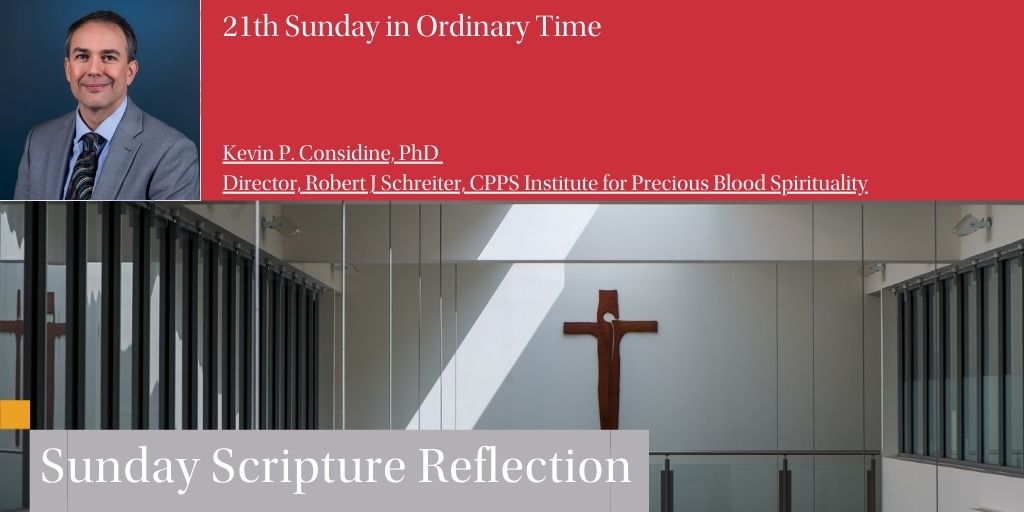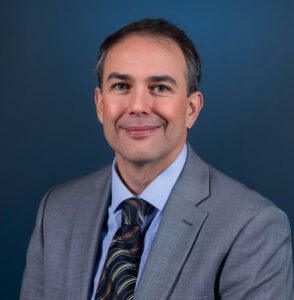

Readings:
Isaiah 66:18-21
Psalm 117:1, 2
Hebrews 12:5-7, 11-13
Luke 13:22-30
It was 7am on a Saturday morning. Very few people with stable housing were out. And the population of homeless persons in Portland is quite large. I was walking, breathing in the fresh air, and said good morning to a few people as I moved along.
One man kept talking as I kept walking. I realized he wanted to chat and that I could use the company as well. I stopped so he could catch up. Then we walked together for a bit.
He was picking up many, and very particular, cigarette butts and saying how much he liked early mornings. Because the curves, shapes, and patterns left over from the Friday night partiers were fascinating to him. He talked a lot; about Leonardo DaVinci, Pablo Picasso, Fibonacci sequences, the golden ratio, and how he incorporated this into his own artmaking. He talked about how he watched the crows and other birds squawk at each other about finding food, picking up cigarette butts and other things, dropping them because they weren’t food, and then telling the others about it. So, the patterns were made by the interplay of humans and birds, in the middle of the city, without knowing they were working together. He noticed the ecosystem that created the patterns that he interpreted were there. And, to me it seemed that he noticed a lot. But few noticed him or his thoughts.
Before parting, I asked him his name: He said “‘V’ as in ‘C’est la vie’ and live for the day.” I said my name was Kevin, bumped fists, and thanked him for chatting.
In today’s Gospel reading from Luke, Jesus is headed to Jerusalem. En route, a person asks him, “‘Lord, will only a few people be saved?’ He answered them, ‘Strive to enter through the narrow gate, for many, I tell you, will attempt to enter but will not be strong enough.’ And then, true to form, Jesus tells a story that reverses power structures and challenges expectations of salvation and worthiness. God’s priorities can differ from human priorities and thus many seem shut out while others are brought in and Jesus concludes: “‘For behold, some are last who will be first, and some are first who will be last.’”
This is a challenging reading. Especially for those of us—like me—who try to live as good people while residing in a particular social location that relies on various privileges, securities, and certainties. Several chapters later in Luke’s Gospel, Jesus’ words get even more pointed as he prepares to enter Jerusalem. When a rich man asks Jesus—sincerely—on what he must do to inherit eternal life beyond following the Torah and its commandments, Jesus responds: “You still lack one thing. Sell everything you have and give to the poor, and you will have treasure in heaven. Then come, follow me” (Luke 18:22). The rich man walks away heartbroken because he cannot do so. Jesus’ followers, probably astonished and anxious, then ask the question, “Then who can be saved?” Jesus observes how hard it is for the rich to enter God’s Reign. He concludes that what is impossible for human beings is possible for God.
To hear this from my own social location is challenging indeed. And probably for many others from a wide variety of contexts.
To assist, today’s First Reading—from Isaiah—helps put this all in a framework. Isaiah prophesies that God is initiating a great “bringing in” of all nations and peoples to God’s self, despite their current ambivalent relationships with God’s covenantal people, Israel. God even speaks of making “priests and Levites” out of some of them. Isaiah implies that God’s love and justice, mercy and compassion, does not respect the boundaries of “us and them” drawn by the governing structures of that time. Through Isaiah’s words, God is initiating what sounds like a universal call to belonging and belovedness; that perhaps the covenant be understood as a bridge rather than a wall. In the Lectionary, the Responsorial Psalm carries this forward through sampling and remixing verses from Psalm 117 and Mark 16: “Go out to all the world and tell the Good News”.
And, to that I would like to add “be open to encounter the Good News in unlikely places”.
V and I lived in different worlds and our paths crossed by chance. Yet, we had commonalities. He mentioned he had kids and so did I. He talked history, philosophy, art, and much more; areas I am interested about. I realized that had either of our lives flowed a bit differently, we could have been in each other’s shoes.
I listened to him. I nodded, gave responses like “for real”, “OK”, “damn”, etc. I needed to be in the presence of another human person. So did he. Even if only for half an hour. Even if unexpectedly. Despite a few police cars driving by, eyeing us (mainly him), that we both noticed but did not speak of. They knew the city and were doing their job. Nothing more, nothing less,
V and I were allowed to be human together for a little while. An unhoused man and a bourgeois Catholic theologian walking and talking together. Both struggling with varieties of mental baggage; he told me he had good days and bad days, sometimes he took it hour by hour and day by day; I could relate. Maybe he lived with PTSD like me. I don’t know. I didn’t ask. It wasn’t my business.
We asked little from each other. Just time, conversation, and a short walk. Strangers who saw a fellow person and treated each other as dignified human beings. People who parted and went about their day, albeit perhaps with a little less estrangement.
Remember that in today’s Gospel Jesus said: “For behold, some are last who will be first, and some are first who will be last.” I really don’t know what that means. I hold a PhD and could give a thick academic understanding. But that’s not what’s at the heart of the matter here. So, I can’t explain it. Not really. But I encountered it. Momentarily. With a stranger who called himself “V”. And a similar gift of encounter is open to everyone. Offered by a loving God of justice whose compassion knows no boundaries.
That’s not nothing.
Kevin P. Considine, PhD
Assistant Professor of Systematic Theology
Advisor, Certificate in Reconciliation and Restorative Justice